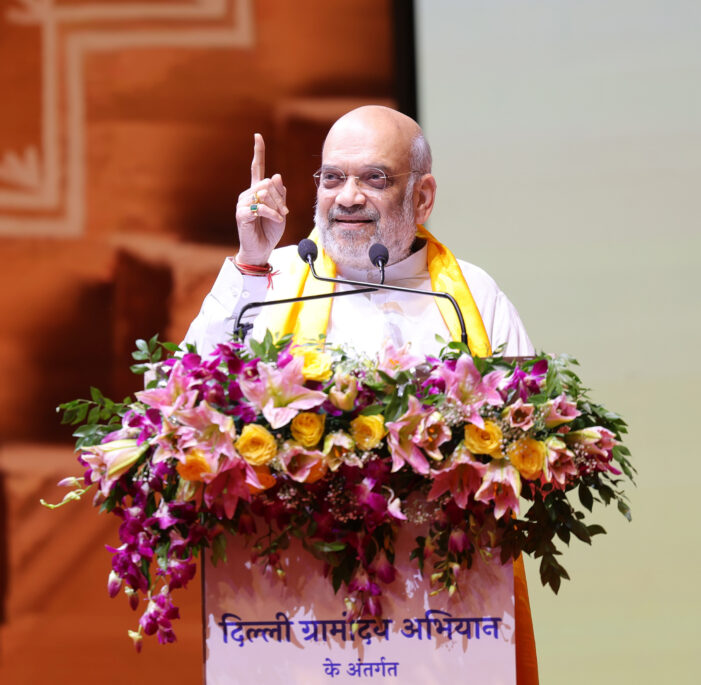The Union Home Ministry on Monday, March 11, 2024, notified the rules for the Citizenship Amendment Act (CAA), providing for granting citizenship to people of certain faiths facing persecution in neighbouring countries like Pakistan, Bangladesh, and Afghanistan and it applies to those who moved to India before 2015.
An MHA spokesperson announced that immigrants eligible for citizenship under the CAA must submit their applications online through a dedicated web portal. The CAA, a key component of the BJP’s 2019 Lok Sabha manifesto, facilitates citizenship for non-Muslims, particularly Hindus, Sikhs, Jains, Buddhists, and Parsis who migrated to India before December 31, 2014, due to religious persecution in neighboring countries.
Despite protests from the Muslim community and opposition parties, the CAA was passed by Parliament in December 2019. Home Minister Amit Shah reaffirmed that the CAA would be implemented before the upcoming Lok Sabha elections in April/May.
Shah emphasized that the CAA, which excludes Muslims because they do not face religious persecution in their home countries, aims to provide citizenship rather than revoke it. He assured Indian Muslim citizens that the bill would not affect their citizenship status and urged the opposition not to politicize the issue along communal lines.
According to Shah, the CAA seeks to grant citizenship retroactively from the immigrants’ entry into India, closing legal proceedings against them and safeguarding their business interests. Expired passports and visas of eligible minorities will not be considered illegal.
Shah highlighted the decline of minority populations in Pakistan and Bangladesh due to persecution, leading many to flee to India. He attributed the necessity of the CAA to the failure of the Nehru-Liaqat pact in safeguarding minority rights in these countries after India’s partition based on religious lines.

